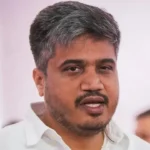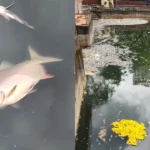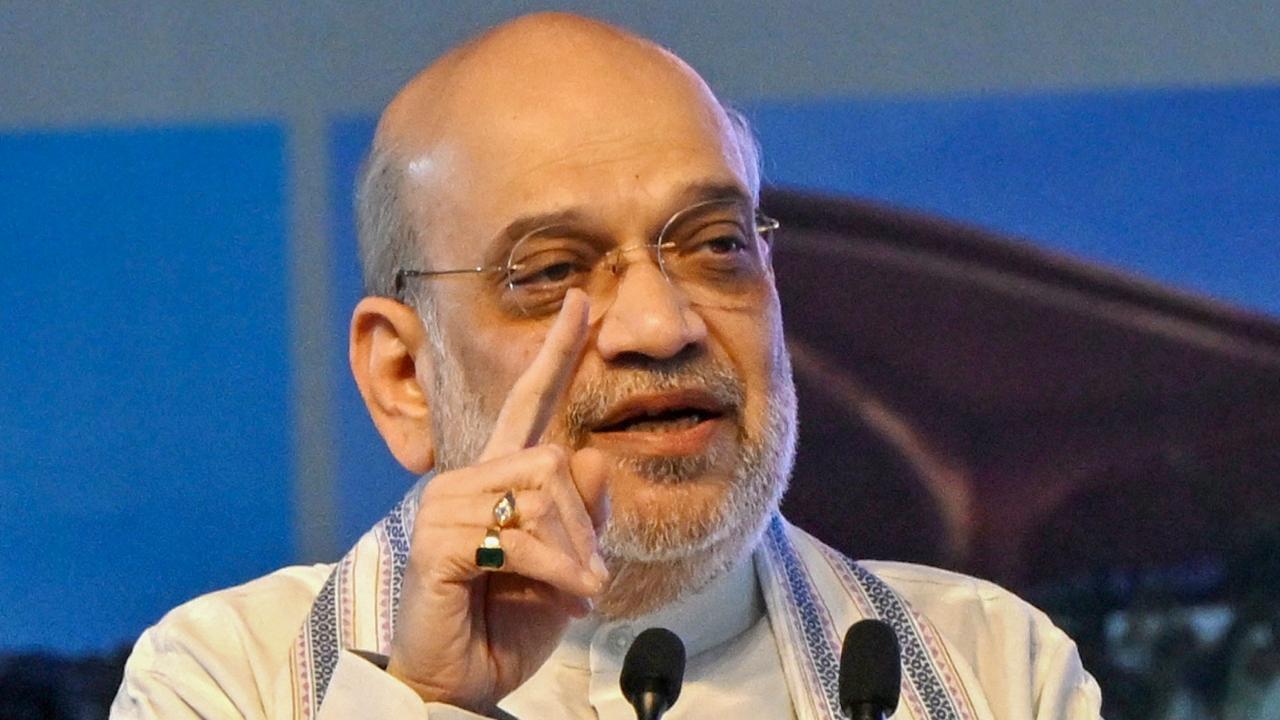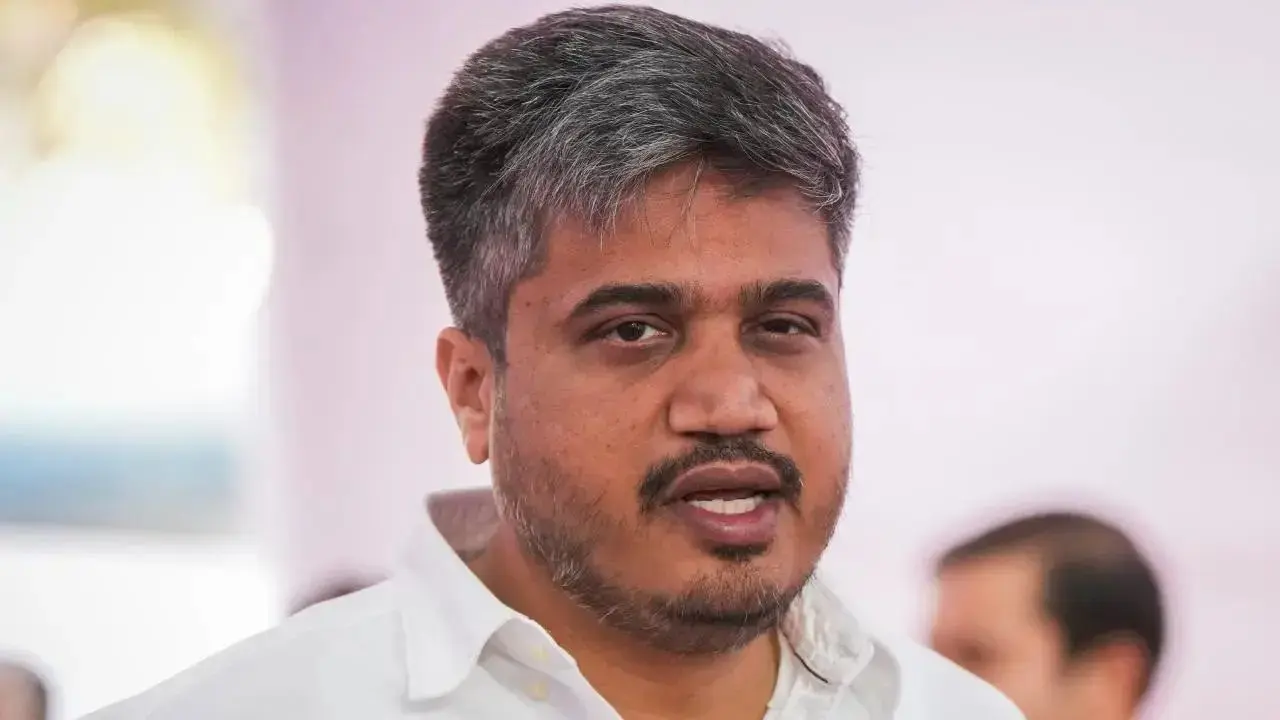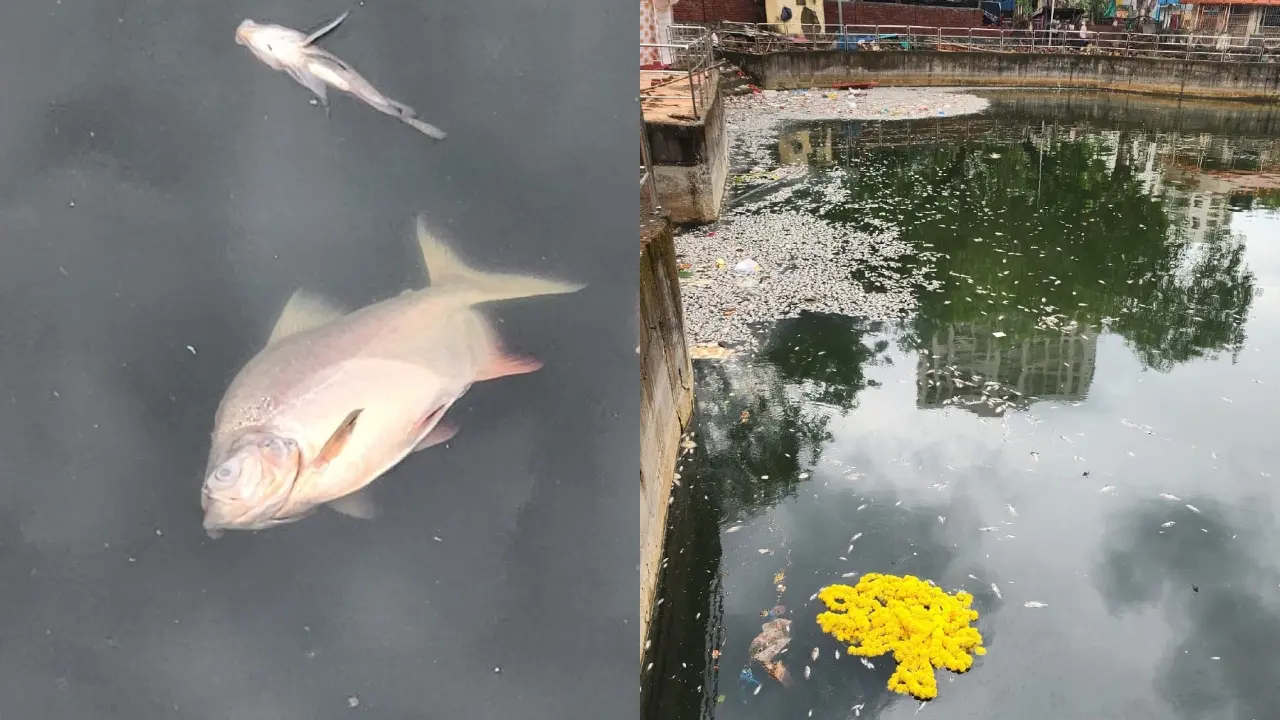Union Home Minister Amit Shah will inaugurate the five-day India Maritime Week (IMW) 2025 at the NESCO Exhibition Centre in Mumbai today and deliver the keynote address at the opening ceremony.
According to the official IMW website, the inaugural session will be attended by Union Minister of Ports, Shipping and Waterways Sarbananda Sonowal, Minister of State Shantanu Thakur, and Chief Ministers of key coastal states including Devendra Fadnavis (Maharashtra), Bhupendra Patel (Gujarat), Pramod Sawant (Goa), and Mohan Charan Majhi (Odisha).
The event will feature exhibitions, panel discussions, and interactive sessions focusing on opportunities in ports, shipping, logistics, and maritime technology. IMW 2025 aims to strengthen India’s position as a global maritime hub and promote collaboration, innovation, and policy dialogue in the maritime sector.
Massive participation and investment prospects
Mormugao Port Authority (MPA) Chairperson N. Vinodkumar earlier announced that the authority will sign 24 Memorandums of Understanding (MoUs) worth Rs 3,000 crore during the event. The MoUs will include projects for berth renovation and solar power initiatives at the port.
With participation expected from over 100 countries, more than one lakh delegates, and 500 exhibitors, IMW 2025 is being described as a “global catalyst for investment and innovation.” The event will also feature over 250 international speakers across sessions and investor roundtables, highlighting India’s maritime growth potential.
Vinodkumar said IMW 2025 is poised to create investment opportunities worth over Rs 10 lakh crore, reinforcing India’s maritime leadership under the Maritime India Vision 2030 and Amrit Kaal Maritime Vision 2047. Goa will also host a State Session during the event to showcase its maritime potential.
Amit Shah to Distribute Deep-Sea Fishing Vessels at Mazagon Dock
Later in the day, Amit Shah will also distribute state-of-the-art Deep-Sea Fishing Vessels at Mazagon Dock, Mumbai, in the presence of Maharashtra Chief Minister Eknath Shinde, Deputy Chief Ministers Devendra Fadnavis and Ajit Pawar, and Union Minister of State for Cooperation Murlidhar Mohol.
According to the Ministry of Cooperation, the initiative marks a historic milestone in cooperative-led deep-sea fishing, symbolising India’s commitment to sustainability and self-reliance in the fisheries sector. The vessels are being distributed under the Pradhan Mantri Matsya Sampada Yojana (PMMSY), with each unit costing Rs 1.2 crore, supported jointly by the Government of Maharashtra, the National Cooperative Development Corporation (NCDC), and the Department of Fisheries, Government of India.
The initiative aims to modernise India’s marine fisheries sector, enhance deep-sea fishing capacity, and promote cooperative-led growth across coastal regions. A Joint Working Group (JWG) has also been formed by the Departments of Fisheries and Cooperation to accelerate these initiatives through cooperatives and Fish Farmer Producer Organisations (FFPOs).
Traditionally, Indian fishermen have operated within 40–60 nautical miles from the coastline using conventional vessels. The introduction of technologically advanced deep-sea fishing vessels is expected to enable sustainable harvesting in India’s Exclusive Economic Zone (EEZ) and High Seas, especially around Lakshadweep and the Andaman & Nicobar Islands.
The new vessels will be equipped with advanced navigation and digital systems to enhance traceability, safety, and operational efficiency, aligning India’s practices with global standards of responsible fishing.
Emphasising inclusive development, the initiative also aims to empower women-led cooperatives and Fish Farmer Producer Organisations, create employment opportunities in coastal areas, and strengthen India’s Blue Economy. It complements ongoing efforts under PMMSY and the Fisheries and Aquaculture Infrastructure Development Fund (FIDF) to improve cold-chain facilities, value addition, and export competitiveness.
By promoting sustainable fishing and cooperative-led growth, the initiative seeks to bolster India’s seafood exports, ensure food and nutritional security, and support the long-term health of marine ecosystems.

